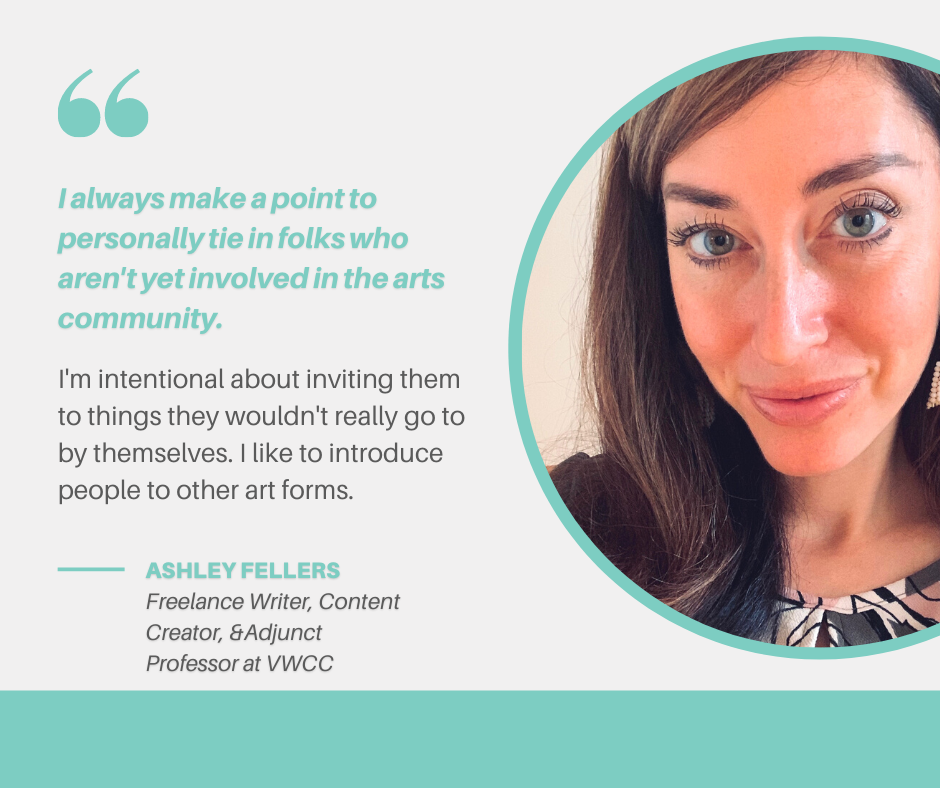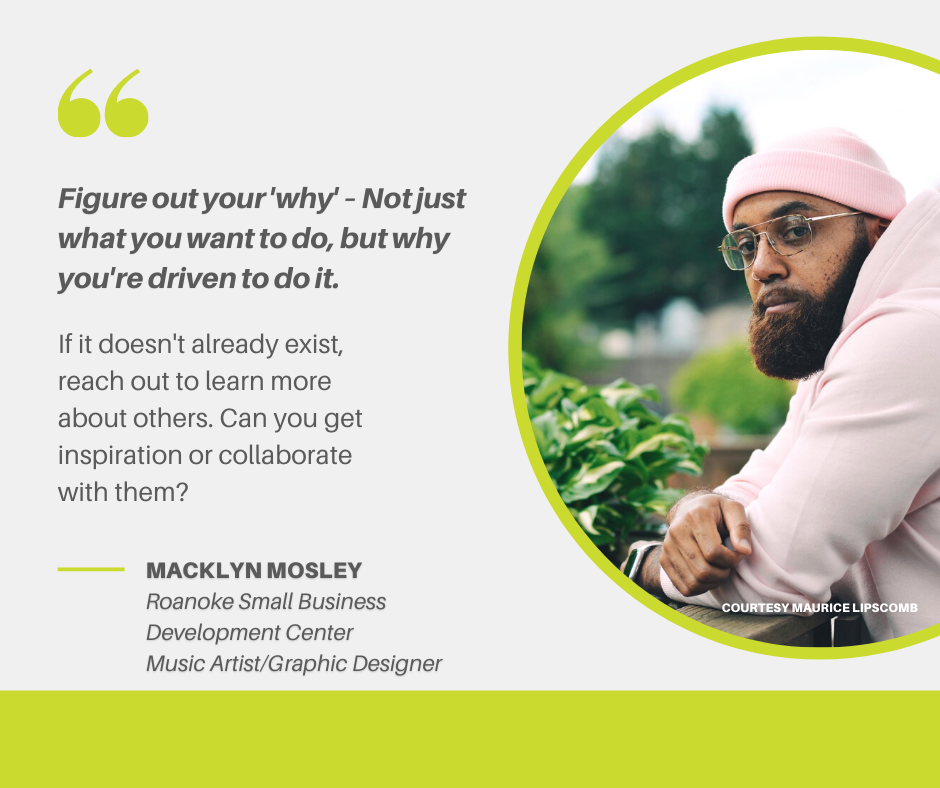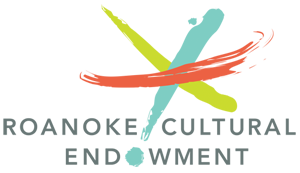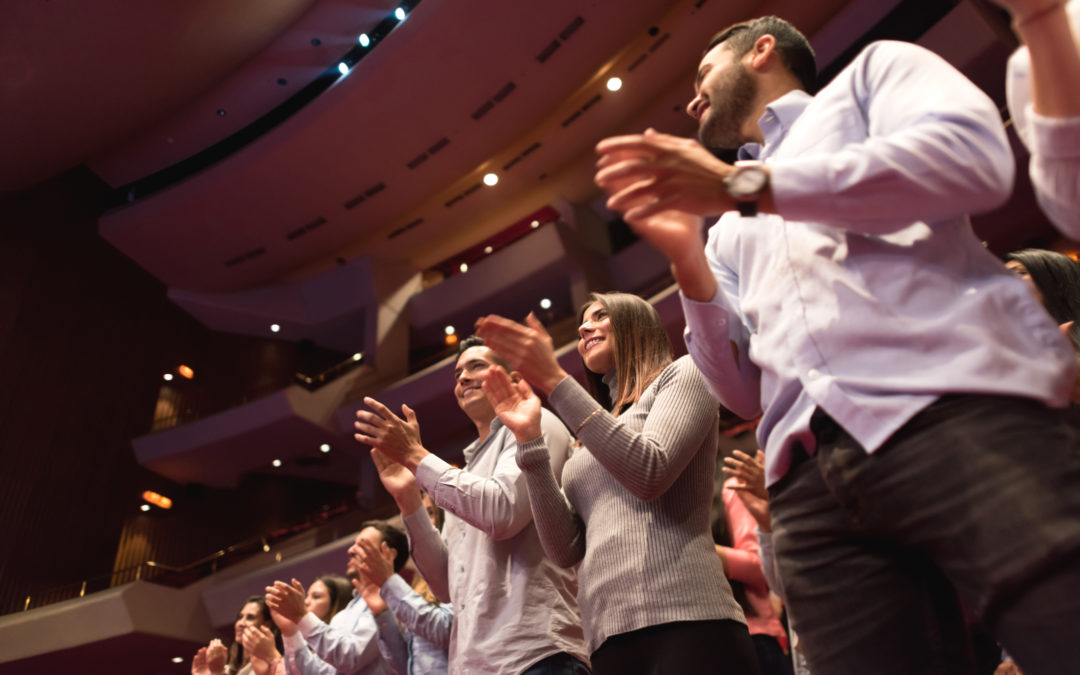So you want to be an arts advocate? Maybe it’s the excitement of setting goals in the new year, or maybe our recent interview with community leader Jason Bingham inspired you – no matter the reason, we’re excited to hear you’d like to get more involved!
Arts Advocacy is Easier Than You Think
When it comes to the Roanoke arts and culture scene, the opportunities to get involved are endless. There are so many established organizations looking for support and new community-led programs popping up all the time. The hardest part is choosing the right path to take. From volunteering at an event to buying tickets as gifts – you don’t have to choose just one!
We spoke with some local leaders in arts advocacy to explore different ways you, too, can support our thriving arts and culture community in Roanoke and beyond.
Become a Board Member
There are over 30 arts organizations and galleries in the City of Roanoke that rely on community members to provide guidance and leadership on their Board of Directors. Arts and culture Board members can be successful strategic leaders if they nurture their sense of group responsibility to support the organizational mission, vision, and values. It’s also an incredibly rewarding experience.
Just ask Courtney Campbell, one of the Roanoker’s 40 Under 40 recipients and president of the Local Colors of Southwestern Virginia board of directors. Courtney has lived in the Roanoke Region her whole life and has become a highly engaged professional in the area. Since 2016, Courtney has worked with Local Colors to foster ethnic diversity, inclusion, and multicultural understanding through events, education, and service in Southwest Virginia.
“The best thing you can do is not be intimidated by board membership,” says Courtney. “A lot of times we see board membership as reserved for a certain group of older, established professionals. But many boards are actively trying to recruit younger generations to bring in new and different perspectives.”

For Courtney, board membership is about giving back to the organizations that made a difference in her life. Since joining Local Colors, she’s had the opportunity to shape the organization’s strategic plan and help find and hire a new Executive Director.
While Board membership responsibilities may vary, Board membership typically includes the attendance of monthly meetings and participation on various committees (i.e. fundraising, marketing, etc.) If you think you’re up for the commitment, start to network with leaders of your favorite organizations!
Keep an Eye on Legislation & Budgets
One doesn’t typically think of politics in the same vein as arts and culture, but legislation has proven to have a major impact on the vitality of arts and culture communities. At every level, local, state, and national, budget and policy decisions impact arts and culture organizations. These decisions can impact arts education programs in public schools and budget allocation for local nonprofit organizations.
Arts Policy Advocacy doesn’t have to mean busting down the doors of the General Assembly. Participating in focus groups, writing letters to representatives, or even sharing information on social media can make an impact. Here are a few great resources to help you become an advocate:
National Arts Advocacy – https://www.americansforthearts.org/by-program/reports-and-data/legislation-policy/legislative-issue-center
Arts Advocacy Basics – https://www.theperformingartsalliance.org/tool-kit/advocacy-basics
Virginia for the Arts – https://vaforarts.org/
Prioritize Community Collaboration
It’s no secret that Roanoke is an incredibly welcoming community. You can expect to see individuals, community groups, and nonprofit organizations teaming up for a community cause on any given day. The best results come from collaboration.
Just ask Jennifer Hayward, Marketing Coordinator for the Berglund Center. Not only does she support one of the largest venues in the area as an employee, but she’s also been a professional photographer for a decade.

As a photographer, she prioritizes finding other businesses and creators to work with on her projects.
“If I have an idea in mind for a photoshoot, I’ll work with a local small business owner to source clothing and find a local venue to collaborate on a set,” she says. “Roanoke’s a really beautiful community for that. People have been so warm, open, and genuinely eager to work together.”
Ashley Fellers, freelance writer, content creator, and adjunct instructor at Virginia Western Community College echoes this sentiment.
“It took me a little bit of time to find out the sectors and angles of the community,” she says. “After a few years, it felt like time for me to give back and shine a light on the people doing good things in the community so I started freelance writing, highlighting local artists and creatives. It can feel really lonely as a creative person, so I wanted to shine a light on the people doing great stuff.”
You spend your whole life building up a network of friends and professional contacts. Why not leverage that for a common goal? Wherever you get involved in arts and culture, always remember: Collaboration is key.
Donate Money or Time
Many nonprofit organizations rely heavily on the financial support of their donors. Donations and corporate sponsorships pay for employees’ salaries, art supplies, performing talent, and so much more that goes on behind the scenes. While it may feel like a small donation won’t make a difference, those small donations add up!
Another option for monetary support is to leverage your peers to make a joint gift. Talk to your employer about doing a team donation or a corporate matching donation. A little bit from everyone can go a long way.
Finally, you can donate more than your money. Donating your time is just as important to help nonprofit organizations achieve operational success! Become an usher at the Jefferson Center or volunteer to host a LAB Chat at the Science Museum. Most nonprofit organizations will have an area on their site with volunteer information and an easy signup process.
Be a Consistent Patron
There’s no denying the joy that attending a symphony performance or spending the day at the museum can bring, but it’s easy to get caught up in life and neglect to seek out these simple pleasures.
If you’re prone to only attending a few arts and cultural events a year, we recommend setting a goal to increase your attendance! Whether you aim to visit one organization each month, or purchase a whole season of tickets to the Opera, do your best to be a consistent patron to your favorite organizations.
“When I first moved here, I started regularly going to the Taubman. It was still new and felt like the perfect venue to experience the arts in Roanoke,” says Ashley Fellers. “Before I knew people, going to the Taubman was life-giving.”
Did we mention tickets make really great gifts?

“All I can say is ‘buy the ticket!’ Even if you can’t attend, gift it to someone who can enjoy that experience,” says Jennifer Hayward. “I also encourage people to attend an event outside of their normal comfort zone.”
And Ashley agrees: “Be open-minded about what forms of art might resonate with you. Some forms of art like ballet or opera can feel intimidating if you haven’t been in those spaces before. In Roanoke, any art scene is so open to so many people. There’s an open invitation to get involved.”
Create Your Own Opportunities
While joining committees and attending your favorite events is incredibly fulfilling – it isn’t enough for everyone. If you have a spark of passion about an area of art and you don’t see an event or community to support it yet – start it up yourself!
Macklyn Mosley, a Community Organizer/Music Artist/Graphic Designer who recently joined the Roanoke Small Business Development Center as a Regional Minority-Owned Advisor, is the perfect example of someone who can generate a lot of community engagement from moments of inspiration.
“I’ve been able to put on a lot of really cool programs through the Libraries,” says Macklyn. “We’ve done Arabic classes to help locals connect with refugees, sign language classes, a hip-hop program, and more. We want people to be able to feel like the library and Roanoke is a place that they feel welcome.”

Outside of his role at the library, Mackyln spends a lot of his free time finding other opportunities to start up programs for a cause. “The best advice I can give is to build relationships with people in the community.”
He’s spearheaded programs like neighborhood porch talks where neighbors are invited to break down race, cultural, and economic status barriers by having an open conversation on the front porch of someone’s home. He seizes every opportunity to collaborate with photographers, musicians, and artists to produce events where people from a variety of backgrounds recognize and honor different perspectives in culture.
We can’t wait to see what kind of community support he will bring to his new Small Business Development Center role!
What inspires you? What would you like to do in your community and who are the people who can get you there? Great questions to ask yourself as an arts and culture advocate!
Share Your Stories
Have arts and culture impacted your life in a big way? Maybe you won tickets on the radio to see your favorite artist. Or maybe the first time you took your child to the Science Museum of Western Virginia, you saw a spark of inspiration in their eyes.
Whatever your story is – share it! Post photos when you’re at an event, send your positive experience to the Director of your favorite arts and culture organizations. Nothing is more fulfilling than hearing the impact all of their hard work has made on someone’s life.
Which path to arts advocacy will you choose?

